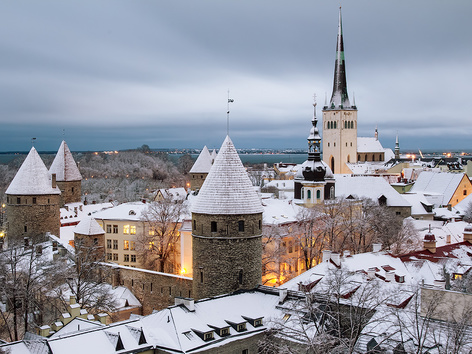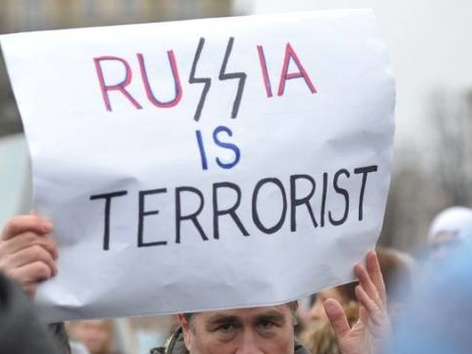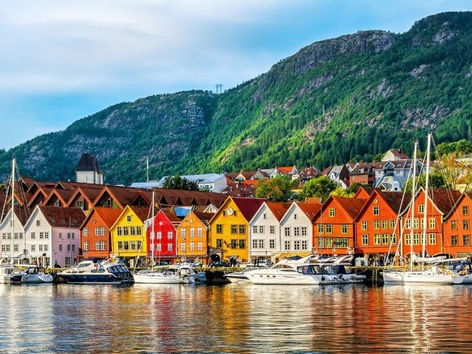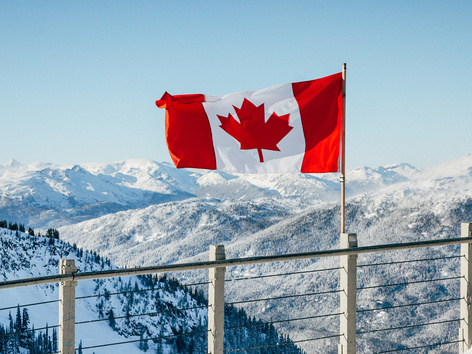Temporary protection in Estonia: paperwork, social support and financial assistance

Estonia has been providing military and humanitarian aid to Ukraine since February 24, and is also actively accepting refugees. In the first days of the full-scale invasion, 3,000 refugees arrived in Estonia every day. Currently, 60,000 Ukrainians have received temporary protection in the country, most of them have found housing and work, Ukrainian children continue their studies in schools. The conditions for obtaining temporary protection in Estonia are detailed below.
Rules of entry
Ukrainians are allowed to enter Estonia with any Ukrainian documents: biometric or foreign passport, ID card, passport of a citizen of Ukraine, for children - a passport or birth certificate or any other identity documents. It is not necessary to issue a visa.
There are no coronavirus restrictions for temporarily displaced citizens of Ukraine.
In connection with the state of war in Ukraine, Estonia has temporarily simplified the requirements for the import of domestic animals of Ukrainians. Pets are allowed to enter Estonia even if they do not have a passport or have not been vaccinated. Upon arrival in Estonia, the owner of the animal must report this to the Department of Agriculture and Food (DAF). To do this, it is necessary to fill out the notification form and send it to the e-mail address pta@pta.agri.ee. More detailed information can be obtained at border crossings or refugee assistance centers.
Estonia shares a common border with the Russian Federation, so it often acts as a transit point for Ukrainians leaving the temporarily occupied territories through the territory of Russia. There are many volunteer centers in Estonia that help Ukrainians overcome this path:
• The "Friends of Mariupol" organization helps those evacuating through the territory of the Russian Federation with the construction of a route and transport after crossing the border with Estonia. To contact: send a request to the Telegram bot: @mariupol_estonia_bot or visit the site or Facebook. Volunteers of the organization can be found in Narva at the refugee volunteer center (Vaksali 19) and in Tallinn at the bus station (Lastekodu 46).
• Tips for those who were deported to Russia or the so-called DPR are collected in the Telegram channel: @deportationtoRF.
Now the situation on the border between Russia and Estonia is quite difficult. Holders of Ukrainian passports are "filtered" at Russian checkpoints. People's phones are checked and interrogated, they are forced to stay in cold rooms for a long time without food, water and the opportunity to rest, even with small children. After crossing the border, Estonians feed people, provide them with temporary rest until the Ukrainians decide where to go next.
Where to apply for protection?
In Estonia, as in other EU countries, Ukrainians can apply for temporary protection status. The permit is issued for one year with the possibility of extension. Ukrainians receive the right to residence, work, financial support, health insurance and education. Ukrainian citizens and their family members who lived in Ukraine before February 24 and left Ukraine in connection with the military conflict since February 24 can apply for temporary protection.
Petitions for temporary protection can be submitted to the DPPO. It is necessary to book an appointment before the visit. The procedure consists of filling out an application, the employees will also take your photo and take your fingerprints. You must have identity documents or other documents with you, for example, a birth certificate.
Free travel
Housing in Estonia
Medical services
Financial assistance
Where to look for work?
Education
Information points
Recommended articles
1 min
War
3 min
For refugees
This year, Norway continues to provide asylum to Ukrainian citizens, but the government has changed their stay in the country. Find out more about the rules for entering Norway from Ukraine in 2025, how to get protection and apply for financial assistance
11 Feb. 2025
More details1 min
Popular
2 min
Cost of living
Cost of living in France: rent, food and transport
France is about sophistication, style, and quality of life. But what does life in France look like in practice? What expenses should you expect? Where to find affordable housing? What are the peculiarities of the medical system and daily expenses? Is it expensive to live in France, one of the leading European countries? Learn about the financial aspects of life in this country: from rent and salaries to the cost of food, transportation and leisure activities.
15 Nov. 2024
More details

